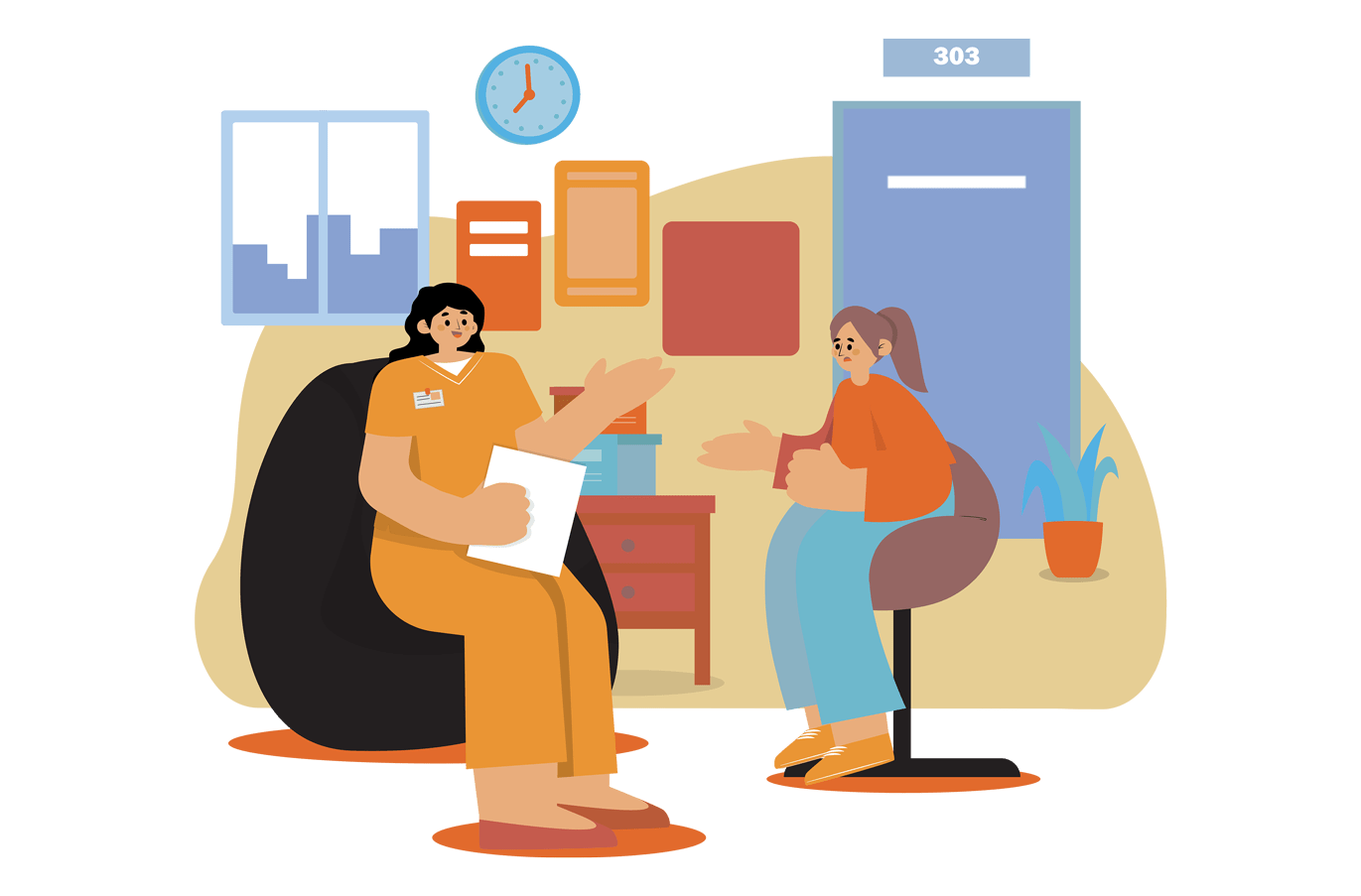Level 3 Certificate and Level 4 Diploma in Advice and Guidance are mainstream competence-based qualifications designed for experienced practitioners who work directly with clients and for those learners working in an environment that provides advice and guidance to clients. These qualifications confirm occupational competence in all advice and guidance settings and develop learners’ practical skills working in this sector for professional development. If you are interested in starting either of these courses with Britannia School of Academics, we expect you to have a work placement or hope to start one soon to demonstrate certain skills.

The learners usually question the practical requirement for the course(s) they enrol in. For all OFQUAL accredited courses, the learners must demonstrate certain skills on the course through work placement. Any provider that suggests otherwise is not following the correct procedure, so we will intimate you to be vigilant about going for any such shortcut.
Your assessor will ensure that most of your work is assessed through written assignments, case studies and reflective journals. We will also avoid suggesting any workplace observations. However, for certain tasks, witness testimony from your supervisor would be required to confirm that you are practising the skills that we are teaching you on the course.
For example, a unit in Level 4 Diploma in Advice and Guidance named “Operate within Networks”. In its Assessment Criteria 2.1 (Maintain personal contacts within networks.) and 3.4 (Utilise systems for recording and exchanging information.), providing written evidence alone does not suffice. You cannot meet the requirement unless you give the assessor a witness testimony from your supervisor confirming how you maintain personal contacts within networks and utilise systems for recording and exchanging information at your workplace.

Sounds difficult? It actually is not. Please do not worry because you will be provided with maximum tutor support and guidance to help you understand how you can meet the practical requirement of your chosen course. We will also help you use your past experience to sign off work where your current work placement is unavailable. Many of our learners also try to complete written tasks while they are looking for a work placement, so we will support you with that.
If you still have any questions or concerns, please get in touch, and we would love to help.




